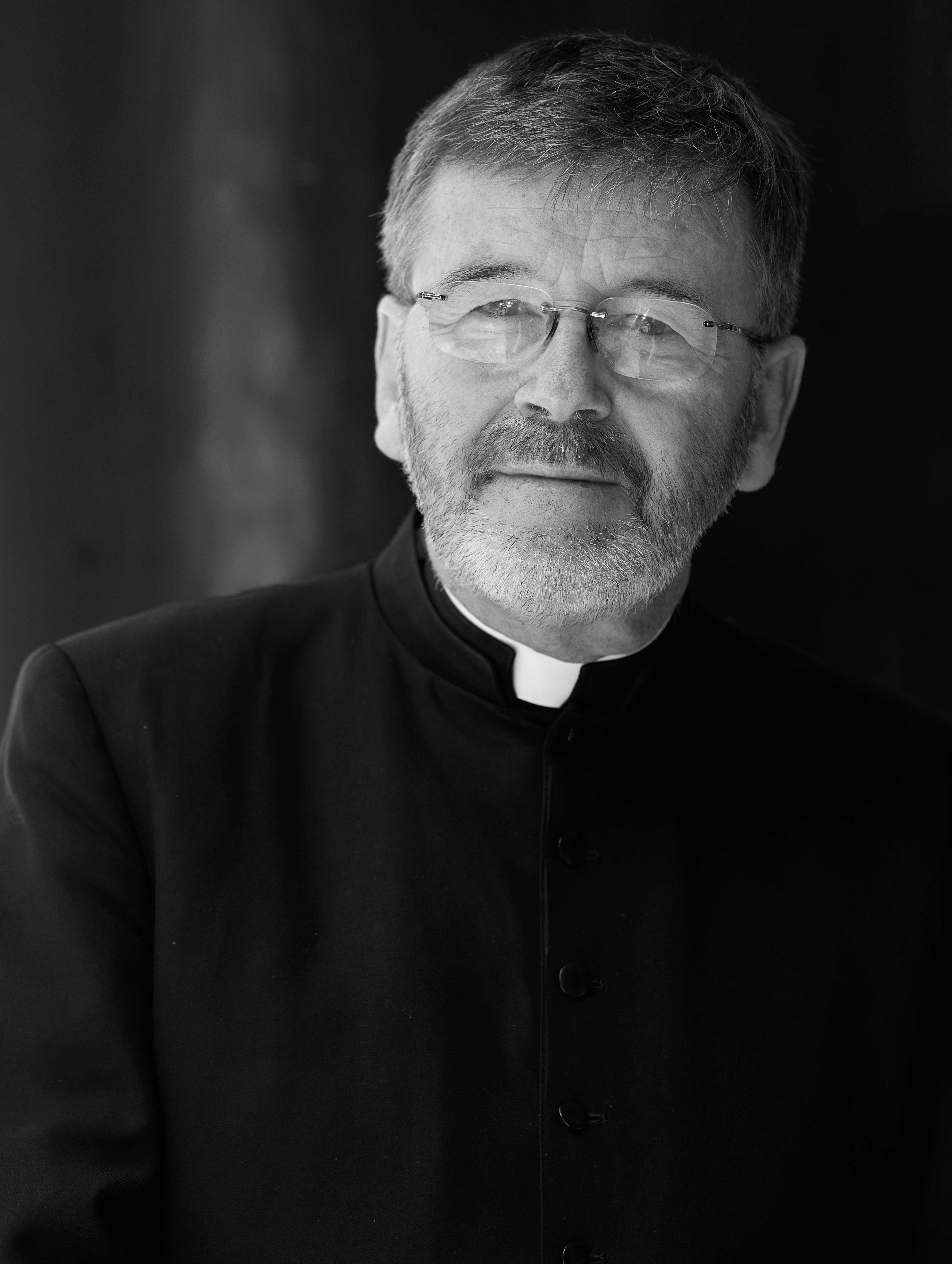Beyond the crisis
Yesterday COMECE’s Secretary General completed his four-year term in office in Brussels. In the following analysis he drew a balance of his experience, suggesting some keys for interpreting the future of EU integration process, in which – he says – the Church has believed since the dawning of the EEC

The Catholic Church has had a favorable view of the European project since its inception. Pius XII imparted his discreet blessing to the “founding fathers”, despite some reluctance to express excessive public support by the Church for fear of compromising a political initiative that was to involve all Europeans and, above all, not to exclude anyone.
COMECE origins and tasks. The social values embraced by Adenauer, De Gasperi, Monnet and Schuman, and the principles on whose foundations they sought to shape the new community of nations, are to be found in the antecedent Encyclical Letter of Pius XI – the second major social encyclical – “Quadragesimo anno” (1931). The precondition for the launch of the project, set to become the European Union sixty years later, was reconciliation. Every Eucharist begins with an act of reconciliation, and it was a fundamental moral imperative in the teachings of Jesus of Nazareth. Moreover, it seemed obvious – while what was then called EEC was constantly enlarged and shaped around the distinctive traits of our continent – that the Church in Europe was to provide an organizational structure to her engagement in the European project.
Thus in 1980 was established the Commission of the Bishops Conferences of the European Community (COMECE), which currently has a delegate representing each Bishops’ Conference of the European Union’s member States.
COMECE follows the political, social and economic developments in the EU, it expresses in an articulated manner the concerns of the Church with respect to topical issues and, through the work of the Secretariat based in Brussels, it is involved in “intensive, regular, open and transparent” dialogue with EU institutions. I have been privileged to serve as the Secretary General of COMECE since the autumn of 2012. I left my post on the Feast of Pentecost, May 15.
Significant changes. Today, not only do I know much more about the EU and the way it works, I have also been in a privileged position to observe Community institutions and follow their policies from a close, unique vantage point. The past years were not only turbulent from a political point of view, within the EU and beyond its borders, they were also characterized by significant changes in the way the EU conducts its policies and priorities set by its leadership. What is more significant, however, is that, in the person of Pope Francis,
the Catholic Church has a leader who not only sees Europe through different lenses. In fact, his vision of where we should stand in relation to the rest of the world is radically new.
The encyclical letter “Laudato Si'” has opened new avenues.
.
The meaning of being European. I served as parish priest in the United Kingdom for twenty-two years. The debate on Europe has become a hot issue there only now, a few weeks ahead of the referendum to decide on whether to remain “in” or “out” of the EU. Catholics represent 10% of the British population, and although some of the strongest criticisms against the EU, in the media and in the political realm, come from Catholics, I have always been impressed by the fact that Catholic faithful are proud of being pro-European. Catholics have a unique experience of what it means to be Europeans. Catholics gather with fellow-believers from European countries in Lourdes, or in St. Peter’s Square during the Angelus prayer on Sundays. They are aware that that very “unity in diversity”, which characterizes the EU, is very close to Catholic identity. All those rooted in the tradition of the Reformation lack this experience of self-awareness, a basic ingredient of European identity.
The third generation. It cannot be denied that the European Union is in a state of crisis. Problems are piling up, while the political leadership seems unable to provide credible and viable solutions. In my humble opinion, having had the opportunity to observe the EU from the sidelines for over forty years, EU institutions are making things harder than they are while negotiating the generational transition. Those who are at the helm of the EU project belong to the third generation. The methodology tested and developed by the first Eurocrats, transmitted by them to the second generation, is now at the third round! The majority of religious orders in the history of the Catholic Church, male and female alike, have disappeared, they have been dissolved or transformed in something different in their third generation. Monasteries, contemplative communities, mendicant friars, missionary congregations, all have encountered major problems in the third generation. Only the bravest survived. The same transition crisis has affected the EU project seventy years since its inception.
EU and Christian conscience. There are lessons to be learnt through the close study of the history of religious life inside the Church, notably in terms of the strategies for renewal adopted by the few religious orders, such as the Dominican and Jesuit orders, which have survived.
Indeed, this is the task of historians. However
History has taught us a lesson: when an institution, whether an abbey, a religious order, an agency of the European Commission or the Commission itself, serves its own purposes, in falls into a state of crisis.
My hope for the future of the EU is that the voice of the Church – encouraging, moderate, subtle yet deeply rooted in her pastoral experience –may contribute to the debate on Europe and on the EU’s political decisions. I hope that COMECE will continue transmitting new, stimulating ideas to the debate on Europe and that it may persuade all the members of the Church that the commitment in the European project involves Christian conscience.